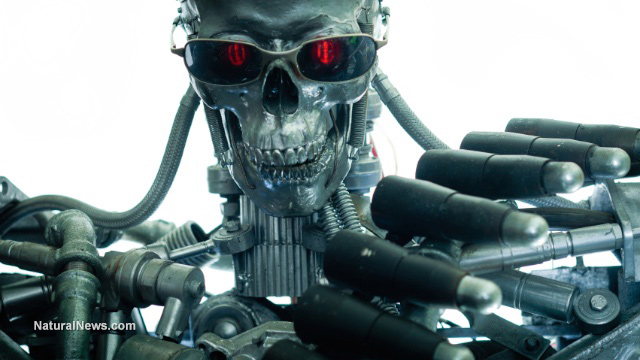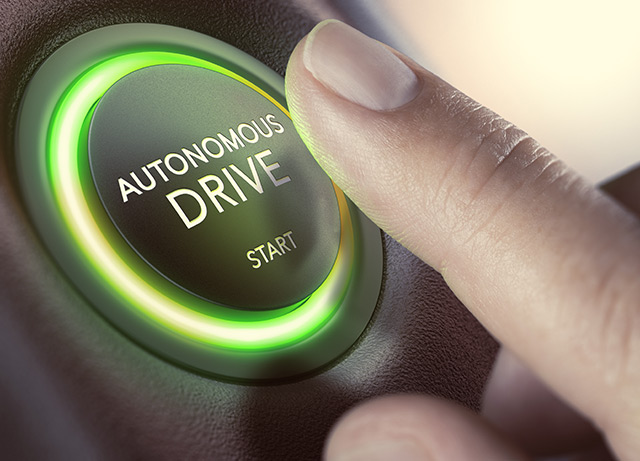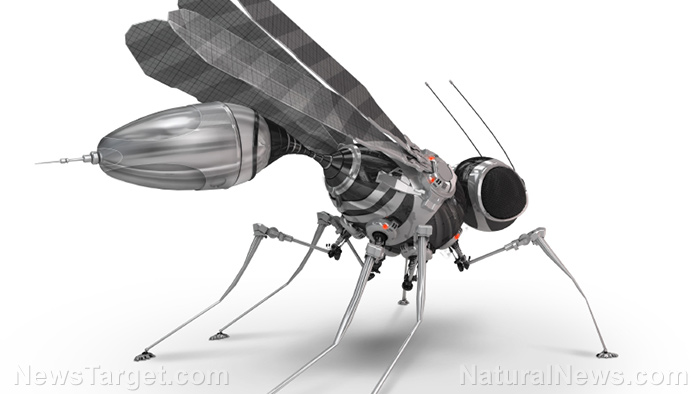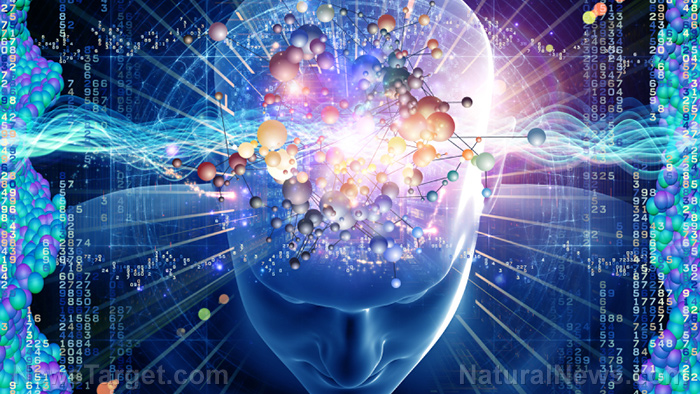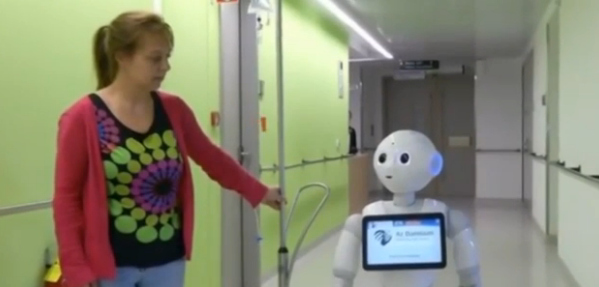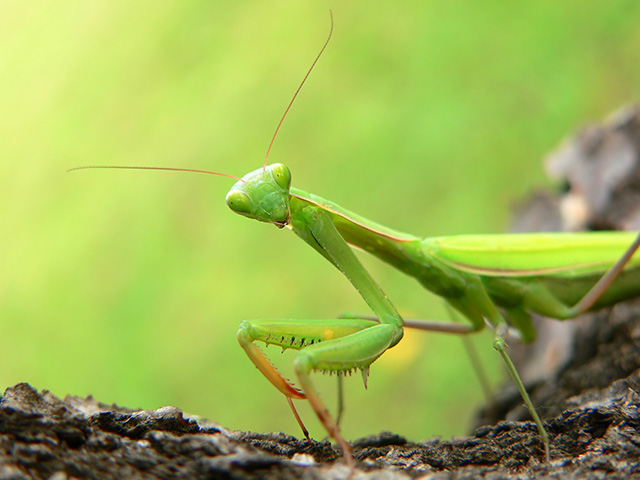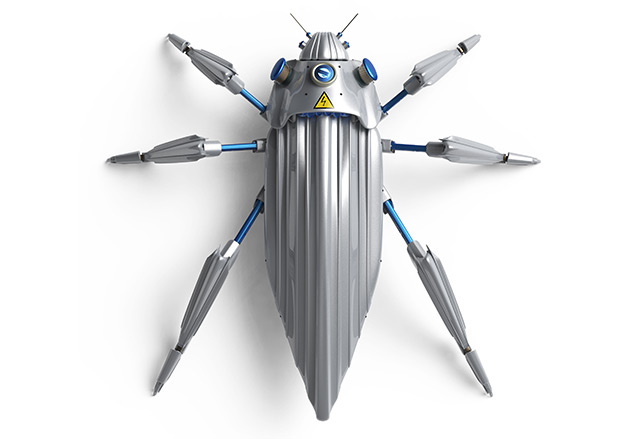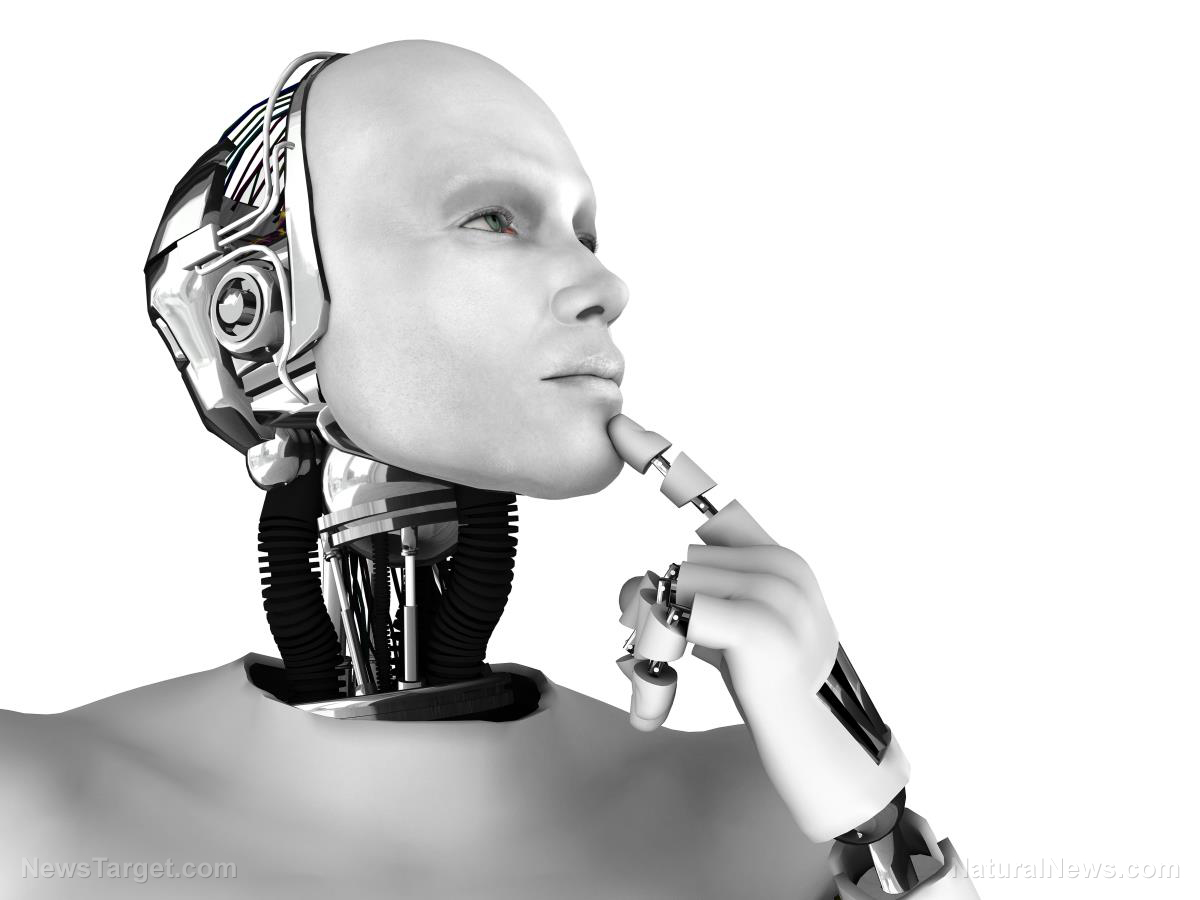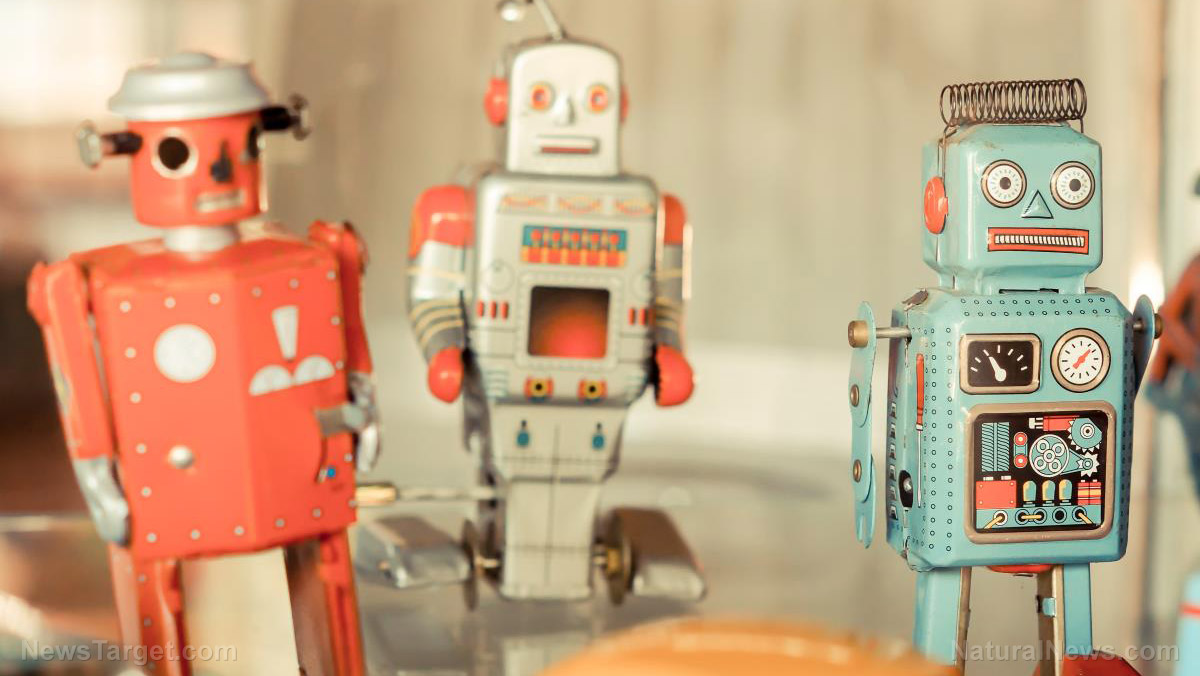The year 2015 was the year of artificial intelligence (A.I.). The field of robotics has undergone an unexpected quantum leap. But what explains this exponential growth, and more importantly, is A.I. safe?
Advancements in A.I. are speeding up at a pretty fast clip, noted Jeff Dean, a senior fellow at Google. Experts in the field are meeting in Montreal this week at the Neural Information Processing Systems conference to celebrate advancements made in A.I. this year and to map what lies ahead.(1)
What is responsible for recent advancements made in A.I.? There are various factors at play. The cloud computing infrastructure bears some responsibility, with its ability to process information more quickly and cheaply.(1)
In addition, there are more software development tools for researchers to play with, which are either free or relatively inexpensive. Consequently, technology central to A.I., known as neural networks, are significantly cheaper than they used to be.
A.I. takes tech industry by storm
These advancements have led major tech industries like Google, Facebook and Microsoft to jump on the A.I. bandwagon. If you’re not involved in A.I., you’re not an active participant at the forefront of technology. As a result, these tech giants have invested in their very own A.I. labs, which pump out a steady stream of research and academic papers.
This year, for instance, Google took the spotlight on the front page of the scientific journal Nature with a system that could learn to play and become an expert at old Atari games without assistance. Furthermore, Facebook developed a computer that could convey images to blind people; Microsoft debuted a new Skype system that could translate languages; and IBM described A.I. as its greatest opportunity for potential growth.(1)
It’s not just major tech giants that are making a footprint in the world of A.I. Japanese startup, Preferred Networks, is producing A.I. systems for industrial robots made by Fanuc, while Indico Data Labs worked with Facebook officials to teach a computer to paint pictures of faces with its own imagination. In other words, computer’s aren’t just becoming smarter; they’re becoming more creative – a feature which used to be exclusivity unique to humans.
Without question, a lot of artificial blood has been laid on the tracks this year. Given the advancements that have been made, what can we expect from the world of A.I. in the near future?
A main focus in A.I. research is to teach machines to think for themselves and to contrive answers to current hurdles. This could be achieved by giving machines a facile version of the real world – like an environment portrayed in a video game – ask them to explore it, and then analyze their results.(1)
A.I. extends beyond the world of video games, however. Parallel software could be used to teach A.I. about other disciplines, including medical diagnostics, environmental science and personal recommendations.(1)
A dangerous move
Teaching robots how to become independent is one of the most dangerous moves A.I. researchers can make. Eventually, machines will be able to conduct better A.I. research than humans. At this point, these self-improving machines will pursue their own goals, whether it be space exploration, investing in stocks or simply playing chess.(2)
In the quest to meet their goals, A.I. systems will exhaust money, energy and other vital resources, violently if necessary. In addition, they’ll development self-protection, which would prevent officials from trying to turn them off.(2)
Proponents of A.I. suggest that A.I. systems could have a moral program built into them, which dictates that the machines value human life. The problem is, ethics vary by culture. There is no binding moral authority which dictates one society’s moral code over another, even within our own culture. How can we expect to program robots to value human life if we can’t even agree about when human life begins?(2)
The year 2015 was by far one of the greatest years for the A.I. industry. Let’s just hope the rise of A.I. doesn’t lead to the downfall of humanity.
Sources include:
(1) Bloomberg.com
(2) SmithsonianMag.com
